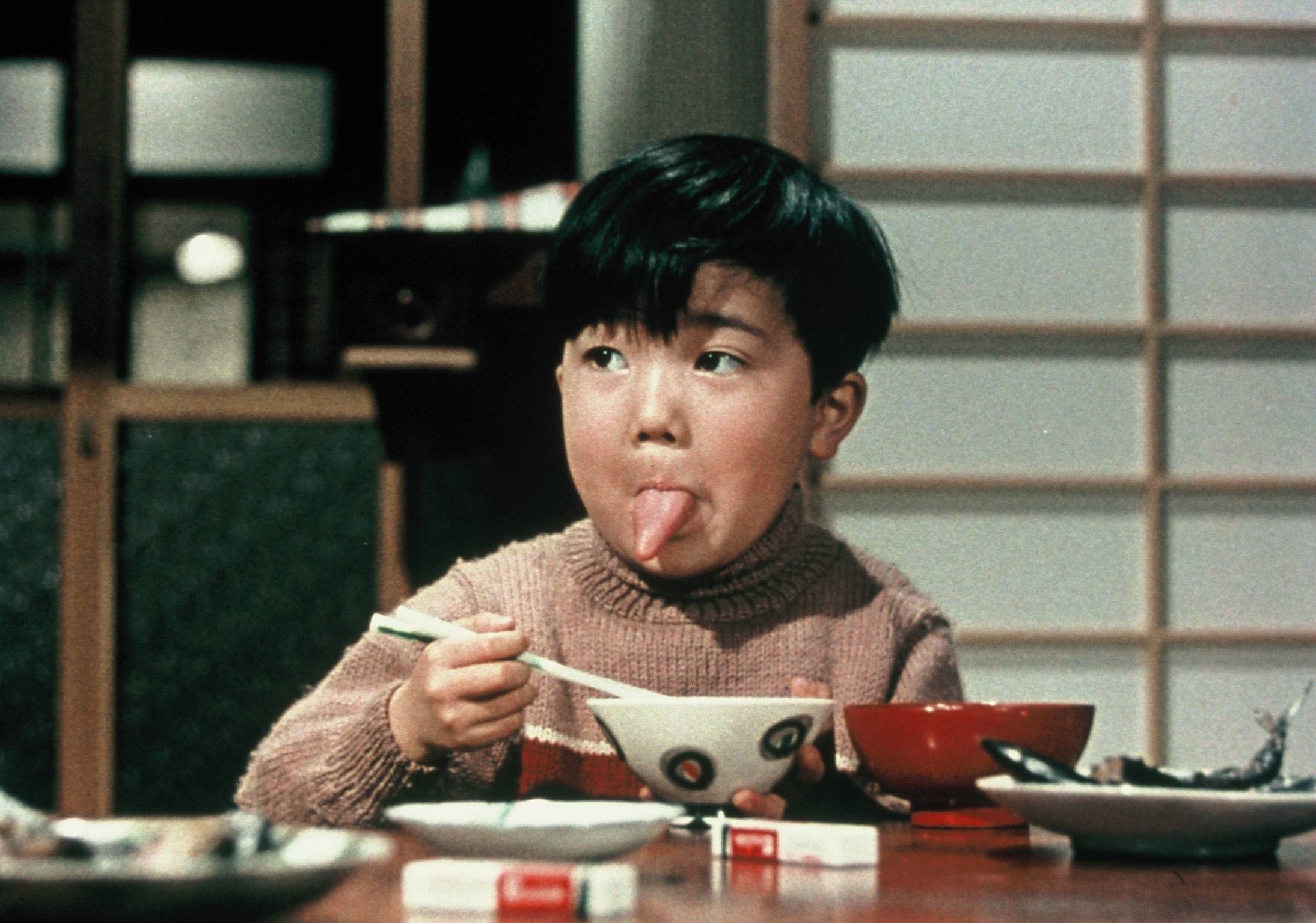Yasujiro Ozu's groundbreaking cinematic approach revolutionized Japanese cinema, profoundly influencing aesthetics, narrative techniques, and cultural representation. This essay will explore the complexities of Ozu's artistry, examining his unique visual style, minimalist storytelling, and subtle exploration of Japanese family dynamics. By critically analyzing his significant contributions, we will gain insight into the enduring impact he has had on Japanese culture and filmmaking worldwide.
Ozu's distinctive visual aesthetic is characterized by static, long-take shots that often place the camera on the floor, known as the "tatami-eye view." This unconventional perspective creates an immersive and intimate viewing experience, drawing audiences into the private lives of his characters. By utilizing extended takes, Ozu allows for the unfolding of events in real time, lending his films a sense of authenticity and realism. The minimalist compositions and muted color palettes emphasize the simplicity and beauty of everyday life, mirroring the traditional aesthetics of Japanese art forms such as ukiyo-e prints and haiku poetry.
Ozu's storytelling approach is marked by minimalism and restraint. His films often focus on seemingly mundane events, such as family gatherings, everyday conversations, and everyday rituals. By delving into the minutiae of daily life, Ozu reveals the profound emotional undercurrents that permeate human relationships. His characters are often taciturn and introspective, expressing their inner emotions through subtle gestures, unspoken words, and the passing of time. Ozu's minimalist style invites audiences to engage in active viewing, paying close attention to the nuances and complexities of human behavior.
Ozu's films offer a profound exploration of Japanese family dynamics and cultural traditions. His characters navigate the tensions between tradition and modernity, family obligations, and personal desires. Through his sensitive portrayal of family life, Ozu exposes the universal themes of love, loss, and the passage of time. His films provide valuable insights into the cultural norms and social expectations of Japanese society, capturing both the beauty and the complexities of familial relationships.
Critics and scholars have extensively analyzed Ozu's work, highlighting his significant contributions to Japanese cinema. Some critics praise his innovative visual style and the ability to capture the essence of Japanese culture through his minimalist approach. Others argue that his films can be slow-paced and uneventful, lacking the overt action and emotional intensity characteristic of mainstream cinema. Despite these divergent perspectives, Ozu's legacy as a visionary filmmaker remains undisputed, with his influence continuing to be felt in contemporary Japanese and international cinema.
Relevant scholarly research and news articles provide valuable insights into Ozu's life, work, and lasting impact. Donald Richie's seminal work, "Ozu," offers a comprehensive analysis of the filmmaker's career, exploring his artistic development and the cultural context that shaped his films. Film historian David Bordwell has written extensively on Ozu's visual style and narrative techniques, shedding light on his unique approach to filmmaking. News articles and interviews from publications such as The Criterion Collection and The Japan Times provide contemporary perspectives on Ozu's legacy and his influence on modern cinema.
Yasujiro Ozu's revolutionary cinematic approach has left an enduring mark on Japanese cinema and filmmaking practices worldwide. His visual innovations, minimalist storytelling, and sensitive exploration of Japanese family dynamics have inspired generations of filmmakers and influenced the development of international art cinema. By embracing simplicity, authenticity, and emotional depth, Ozu's films remind us of the universal human experiences that transcend cultural boundaries. His legacy as a master filmmaker serves as a testament to the power of cinema to capture the nuances of daily life and reveal the profound depths of the human condition.
Viola Davis: The Powerhouse Actress Who Commands The Screen
Lil Nas X: The Internet Star Turned Global Sensation
Lee Seung-yeon: The Actress Who Faced Legal Troubles Amid Her Career



